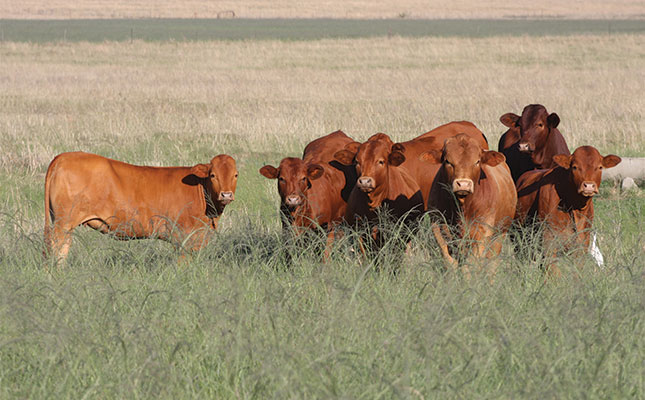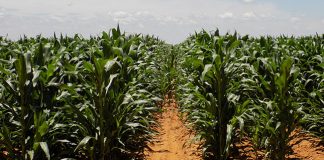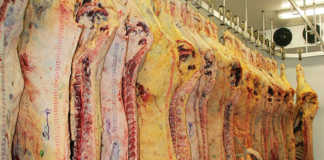
During his address to the recent Red Meat Producers’ Organisation’s (RPO) Free State congress, chairperson of the National Animal Health Forum (NAHF), Dr Pieter Vervoort, told livestock farmers there were abnormally high numbers of insects active for this time of year.
Following the good recent rain received over large parts of the country, dams had been recharged and fountains were running again, which meant there was a lot of water around, increasing the possibility of an outbreak, he said.
He said during a previous outbreak, isolated cases were noticed at the end of the 2008 season, with cases increasing the following year and peaking in a devastating outbreak in 2010/2011. “It was an absolute disaster,” he said.
According to Vervoort, an RVF outbreak held far-reaching consequences when it came to South Africa’s red meat export status. When a case was recently reported in the Jacobsdal area, neighbouring countries stopped red meat imports within 72 hours.
The National Wool Growers Association also highlighted the threat to sheep farmers. The estimated loss to the industry in terms of wool and meat due to RVF, were estimated at about R2,2 billion between 2010 and 2012.
Vervoort said farmers also had a responsibility to vaccinate their livestock. “These are not things that only affect you. They can affect your neighbours and can affect the whole industry in South Africa,” he said.
His concerns were echoed by the CEO of Afrivet, Dr Peter Oberem, who warned of a potential RVF “bloodbath”. He said the disease was particularly devastating in small stock, with up to 90% of lambs dying within days of being infected, and spontaneous abortions occurring in 40% to 100% of all gestating ewes that became infected.
Onderstepoort Biological Products meanwhile said that sufficient stocks of the RVF vaccine were available.












